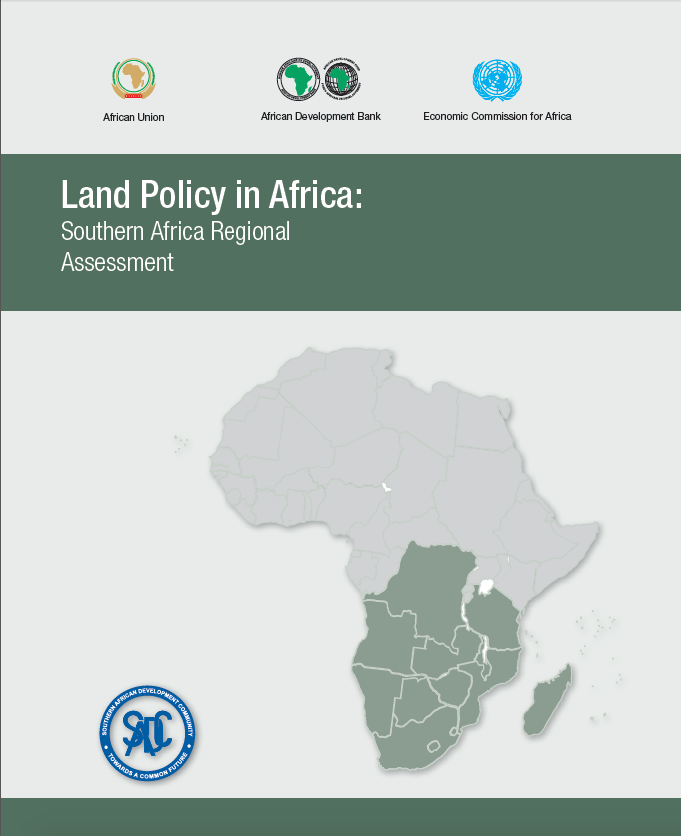This publication aims to provide practical guidance for population and housing census and agricultural census planners looking to implement a cost-effective census strategy by coordinating the population and housing census with the agricultural census.
he guidelines are the first comprehensive, global instrument on tenure and its administration to be prepared through intergovernmental negotiations.
The guidelines set out principles and internationally accepted standards of responsible practices for the use and control of land,…
The guidelines are the first comprehensive, global instrument on tenure and its administration to be prepared through intergovernmental negotiations.
The guidelines set out principles and internationally accepted standards of responsible practices for the use and control of land…
Unplanned and unregulated urban
development is not unique to Swaziland, but addressing the
issue through direct consultations with beneficiaries is an
important improvement toward resolving this persistent
problem. The…
This article describes the use of a Bayesian network (BN) for the classification of land cover from satellite imagery in northern Swaziland. The main objective of this work was to apply and evaluate the efficacy of a BN for land-cover classification using gap-filled and terrain-corrected Landsat…
Beans are an important crop for food and income generation in Swaziland. They do very well in the higher areas of the country although can be grown in all the regions. They are also the second legume to Swazi farmers after groundnuts in importance. Different farmers grow beans for different uses…
The WOCAT-LADA-DESIRE mapping tool is based on the original WOCAT mapping questionnaire (WOCAT, 2007). It has been expanded to pay more attention to issues such as biological and water degradation, it also places more emphasis on direct and socio-economic causes of these phenomena, including…
Food production in Swaziland follows a dualistic pattern of the land tenure system, namely; the Traditional Tenure System (TCT) and the Title Deed Tenure system (TDT). Land tenure plays a major role in the development and performance of the agricultural sector by influencing land ownership and…
Current estimates of climate change state that the world’s average temperature is due to increase by at least 2oC to 2.4oC over the next 50?100 years. Furthermore it is expected that by the end of the century a range of additional impacts will be felt: sea levels will rise by an estimated 60cm,…
Southern Africa is one of the most well endowed regions in the continent in terms of mineral and natural resources. However, the region is facing serious environmental challenges such as land degradation, deforestation and water stress in specific areas.
The population of Southern Africa…
Given the recent trend of granting vast areas of African land to foreign investors, the urgency of placing real ownership in the hands of the people living and making their livelihood upon lands held according to custom cannot be overstated. This study provides guidance on how best to recognize…






